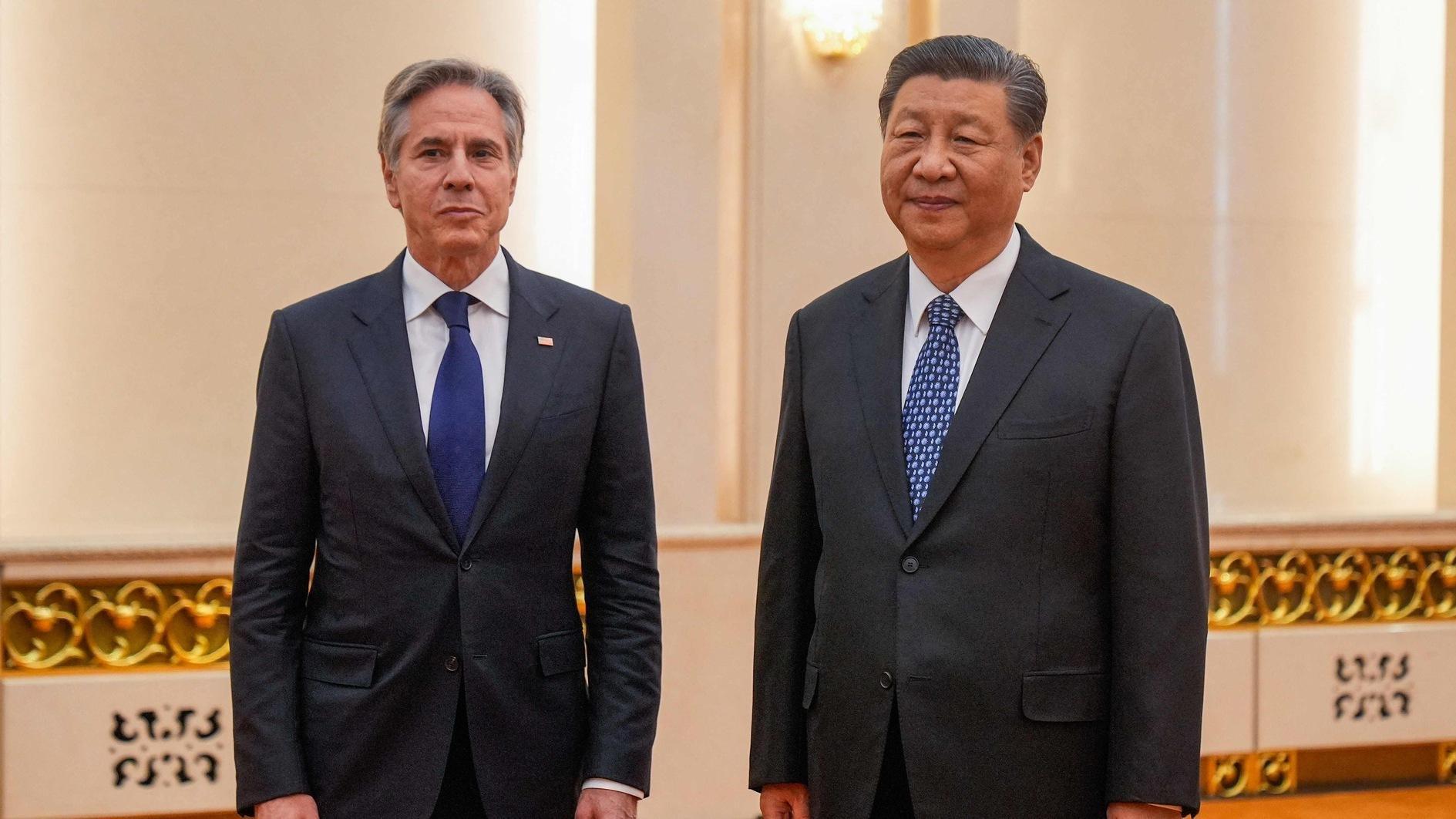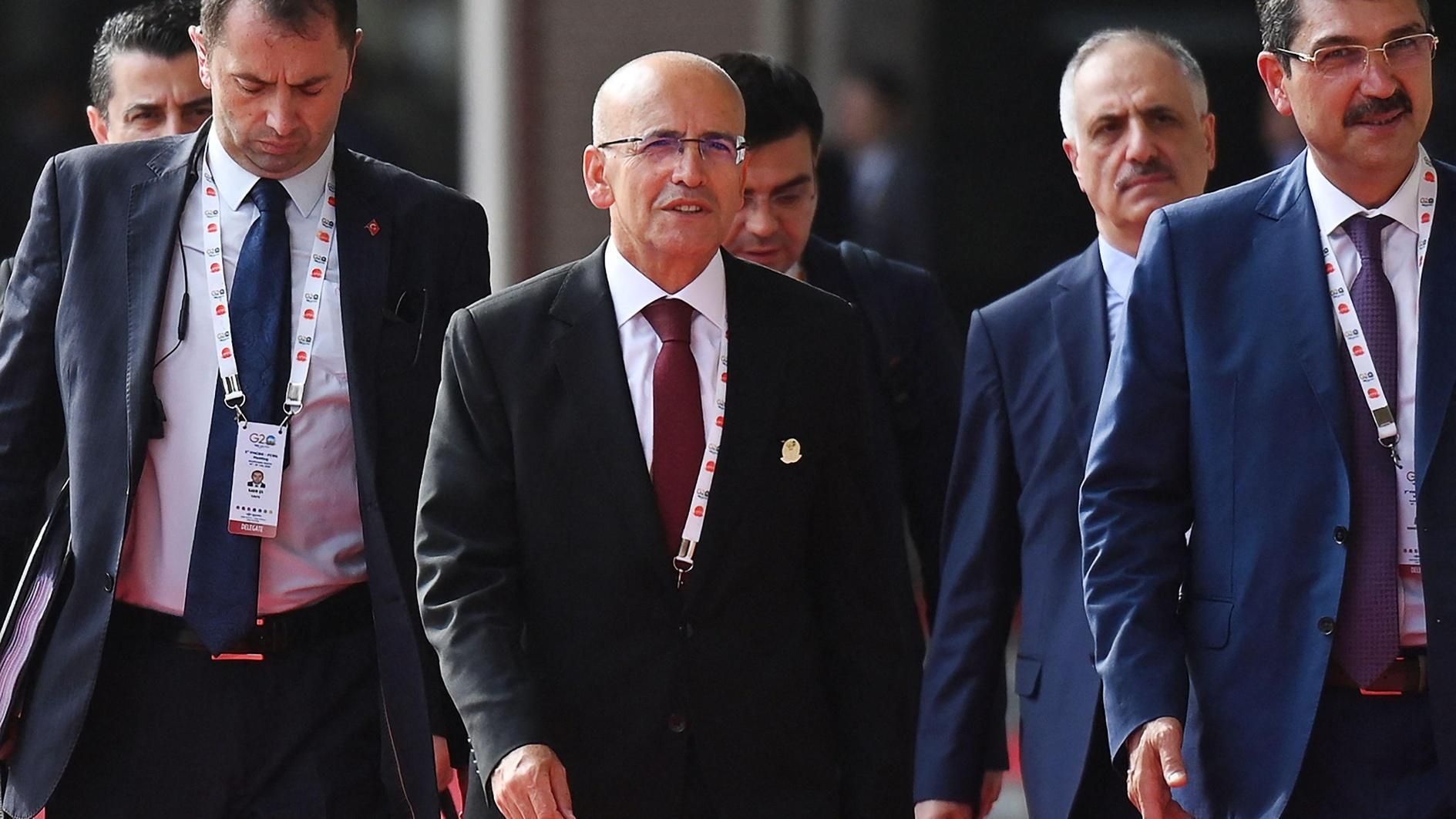The limits of Russian expansionism
TOLGA DEMİRYOL
How sustainable is Russia’s expansionary strategy in pursuit of regional hegemony? Despite its recent win in Crimea, Moscow’s hand may be weaker than it seems.Russia achieved its immediate objective in Crimea, i.e. to establish control over a territory of strategic significance. The U.S. and the EU did not mount a robust response to this aggression. U.S. sanctions against Russian policy elites were designed to be of limited reach, primarily because Washington could not afford jeopardizing joint diplomatic initiatives with Moscow over Syria and Iran. Heavily dependent on Russian natural gas, the EU lacks any means of credible deterrence against Moscow. NATO’s protests, while becoming louder and sharper, have so far fallen on deaf ears.
Despite the fact that Putin has masterfully pulled off a fait accompli by grabbing Crimea, the sustainability of Russian expansionism is questionable for two reasons.
First, history suggests the long-term impact of the annexation of Crimea on Russia’s regional hegemony is unclear. Crimea is not the first instance where Moscow exploited ethnic divisions to gain a foothold in its former domains. Russia employed similar tactics in Moldova by supporting separatists in Transnistria; by intervening on behalf of Abkhazian and South Ossetian forces in Georgia; and in Azerbaijan by asserting itself into the Nagorno-Karabakh conflict. In all three cases, Moscow achieved its short-term goal: using the protection of ethnic minorities as a pretext for involvement in the domestic affairs of these countries. However, as Jeffrey Mankoff also argued in a recent article in Foreign Affairs, Russia’s support for separatists actually ended up diminishing Russian influence over time. The three countries targeted by Moscow – Moldova, Georgia and Azerbaijan – have steered away from the Russian sphere of influence. Azerbaijan has been using its energy reserves as leverage against Russia. Georgia, in addition to being a partner with Azerbaijan in its efforts to establish a non-Russian energy transit corridor to Europe, has aligned itself with the U.S. and NATO. Meanwhile, Moldova signed an association agreement with the EU. Based on historical evidence, one might forecast that Putin’s latest exploit in Crimea will further push Ukraine towards the west. Without Ukraine, Russia will find it difficult to achieve regional hegemony.
Second, Russia frequently exploits its position as an energy giant to gain leverage over transit states and importers, coercing them into compliance when necessary. Relying on energy as an instrument of hegemony, however, could prove ineffective. It is uncertain how long Russia can dominate western energy markets. Older oil and gas fields in western Russia are maturing and Russia’s energy export capacity is projected to fall, unless the costlier fields in the east are fully developed. Even then, the economically feasible option would be exporting to the Asian markets instead of Europe. On the demand side, since the 2006 and 2009 Ukrainian gas crises, the EU has taken the issue of energy security seriously. The union is actively seeking to reduce its dependence on Russian gas by diversifying its energy sources and import routes. To counter the EU’s common energy policy initiatives, Russia has offered bilateral energy deals to individual countries, seeking to drive a wedge between Germany and the rest. After the Crimean crisis, however, there is a rising awareness throughout the EU that the political costs of dependence on Russia may no longer be bearable. Moscow’s “divide and conquer” strategy may backfire, incentivizing Europeans to cooperate in balancing against Russia.
The growing salience of shale gas in global markets will also likely undermine Russia, like most conventional gas exporters. The shale revolution is already putting downward pressure on global energy prices. Even though Russia has shale reserves, it lacks the technological and legal infrastructure of the U.S., the leader of the shale revolution. With the majority of its state revenue tied to energy exports, Russia is vulnerable to drastic changes in the global markets. As long as the energy sector remains predominant, the Russian economy will not be strong enough to provide any public goods to former Soviet republics to pull them deeper into Moscow’s orbit. Hegemony requires carrots as well as sticks.
Judged by a snapshot taken in early 2014, Russia appears well poised to become a regional hegemon, if not a global superpower. Yet time is not in Russia’s favor. Russia’s geopolitical position will deteriorate as the potency of its energy weapon wanes and the former Soviet states victimized by Moscow’s expansionary policies, and the EU, hasten their efforts to counterbalance Russia. This temporality of Russia’s power could also explain, at least partially, why Putin acted so aggressively in Crimea. Moscow may have little choice but to grab as much as it can before its geopolitical prospects become less certain. Seen in this light, Russian expansionism can be interpreted as a defensive rather than an offensive stance.
*Tolga Demiryol, Istanbul Kemerburgaz University.











